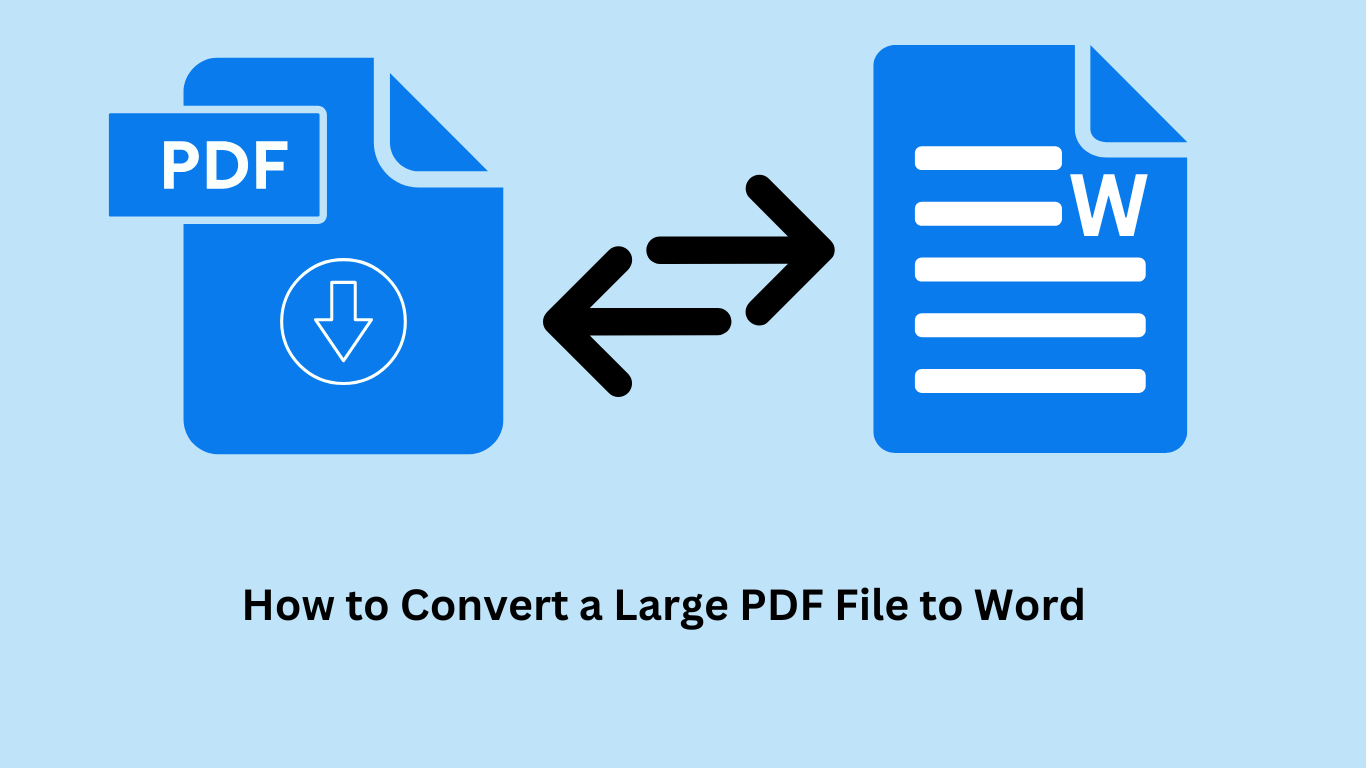Height Calculator: Introduction with Examples
A height calculator is a valuable tool for determining an individual's height based on various parameters or for estimating future height growth. This tool can be useful for a range of purposes, including health assessments, athletic training, and personal curiosity. In this article, we will explore the functions of a height calculator, provide detailed examples, and discuss its applications and limitations.
What is a Height Calculator?
A height calculator is an online tool or software application designed to measure or estimate height based on specific inputs. It can calculate the current height of an individual, project future height based on growth patterns, or determine height based on certain parameters. Height calculators are often used in medical, educational, and athletic contexts to monitor and plan for growth and development.
Types of Height Calculators
There are several types of height calculators, each serving a different purpose:
- Current Height Calculator: Calculates the current height of an individual based on input measurements.
- Height Prediction Calculator: Estimates future height based on current height, age, and other factors.
- Height Conversion Calculator: Converts height between different units of measurement, such as inches to centimeters.
- Ideal Height Calculator: Determines an ideal height range based on factors like age, gender, and body type.
How Does a Height Calculator Work?
The operation of a height calculator depends on its type and purpose. Here’s a breakdown of how different height calculators function:
- Current Height Calculation: This involves measuring an individual’s height directly using a measuring tape or similar instrument. The height is then recorded in the desired unit of measurement (e.g., centimeters or inches).
- Height Prediction: This type of calculator uses input data such as current height, age, gender, and sometimes parental height to estimate future height. It often employs growth charts and statistical models to make predictions.
- Height Conversion: Converts height from one unit to another. For example, converting inches to centimeters involves multiplying the height in inches by 2.54, as there are 2.54 centimeters in an inch.
- Ideal Height Calculation: Estimates an ideal height range based on factors like body mass index (BMI), gender, and age. This often involves using formulas and statistical data to provide a recommended height range.
Examples of Height Calculation
Let’s explore some practical examples of how a height calculator can be used.
Example 1: Measuring Current Height
Suppose you want to measure your current height. To do this, you will need:
- A Measuring Tape: Ensure it is long enough to measure your entire height.
- A Flat Surface: Stand against a wall or a flat surface to ensure accurate measurement.
- Help from Another Person (Optional): Having someone assist you can help ensure the measuring tape is straight and level.
To measure your height:
- Stand Straight: Stand with your back straight and heels touching the wall. Make sure your head is level and your posture is correct.
- Measure: Place the measuring tape against the wall and extend it to your head. Note the height where the tape meets the top of your head.
- Record the Measurement: Write down the height in your preferred unit of measurement (e.g., centimeters or inches).
Example 2: Predicting Future Height
To estimate future height, you might use a height prediction calculator that takes current height, age, and gender into account. For example:
- Current Height: 120 cm
- Age: 10 years
- Gender: Female
Using these inputs, the calculator might provide a projected height of 160 cm by age 18. This prediction is based on growth charts and statistical models that account for typical growth patterns.
Example 3: Converting Height Units
If you have a height of 5 feet 8 inches and need to convert it to centimeters, use the following conversion factors:
- 1 foot = 30.48 cm
- 1 inch = 2.54 cm
To convert:
- Convert Feet to Centimeters: 5 feet × 30.48 cm/foot = 152.4 cm
- Convert Inches to Centimeters: 8 inches × 2.54 cm/inch = 20.32 cm
- Add the Results: 152.4 cm + 20.32 cm = 172.72 cm
Thus, 5 feet 8 inches is equivalent to approximately 172.72 cm.
Example 4: Determining Ideal Height Range
For an ideal height calculation based on BMI, you might input parameters such as:
- Gender: Male
- Age: 25 years
- Weight: 70 kg
The calculator might use BMI formulas and statistical data to suggest an ideal height range for maintaining a healthy BMI. For instance, it might recommend a height range of 170 cm to 180 cm based on your weight and age.
Applications of a Height Calculator
Height calculators have a wide range of applications across various fields:
- Health and Fitness: Used to track growth patterns, monitor height changes, and assess height-related health metrics.
- Education: Helps in assessing physical development in children and adolescents, aiding in educational and sports planning.
- Medical: Assists in evaluating growth disorders, calculating dosages for medications based on height, and planning treatments.
- Sports and Athletics: Provides insights into ideal height for specific sports, tracks height changes in athletes, and helps in selection processes.
- Personal Use: Useful for personal curiosity, planning for future growth, and converting height measurements for various purposes.
Benefits of Using a Height Calculator
Using a height calculator offers several advantages:
- Accuracy: Provides precise measurements and predictions based on input data and statistical models.
- Convenience: Easily accessible online or as a software application, allowing for quick and simple calculations.
- Versatility: Can be used for various purposes, from personal use to professional applications in health and sports.
- Time-Saving: Rapidly calculates height or predicts future growth without the need for manual calculations.
Limitations of a Height Calculator
While a height calculator is a useful tool, it does have limitations:
- Dependence on Accurate Input: The accuracy of the results depends on the correctness of the input data. Incorrect measurements or data can lead to inaccurate results.
- Predictive Limitations: Height prediction calculators provide estimates based on statistical models and may not account for all individual growth factors.
- Unit Conversion Errors: Converting between units can sometimes lead to minor errors if not done accurately.
- Cultural and Genetic Factors: Ideal height recommendations might not consider cultural differences or unique genetic factors affecting height.
Conclusion
A height calculator is a valuable tool that simplifies the process of measuring and predicting height. Whether you need to determine your current height, estimate future growth, convert units, or assess ideal height ranges, a height calculator can provide accurate and convenient results. By understanding how the calculator works and applying it effectively, you can better manage height-related needs and decisions. Despite its benefits, it is important to consider the limitations and use the tool as part of a broader context for comprehensive height assessments.



.webp)




























































































































































































































































































































































































.png)













































.jpeg)




















































































































































































